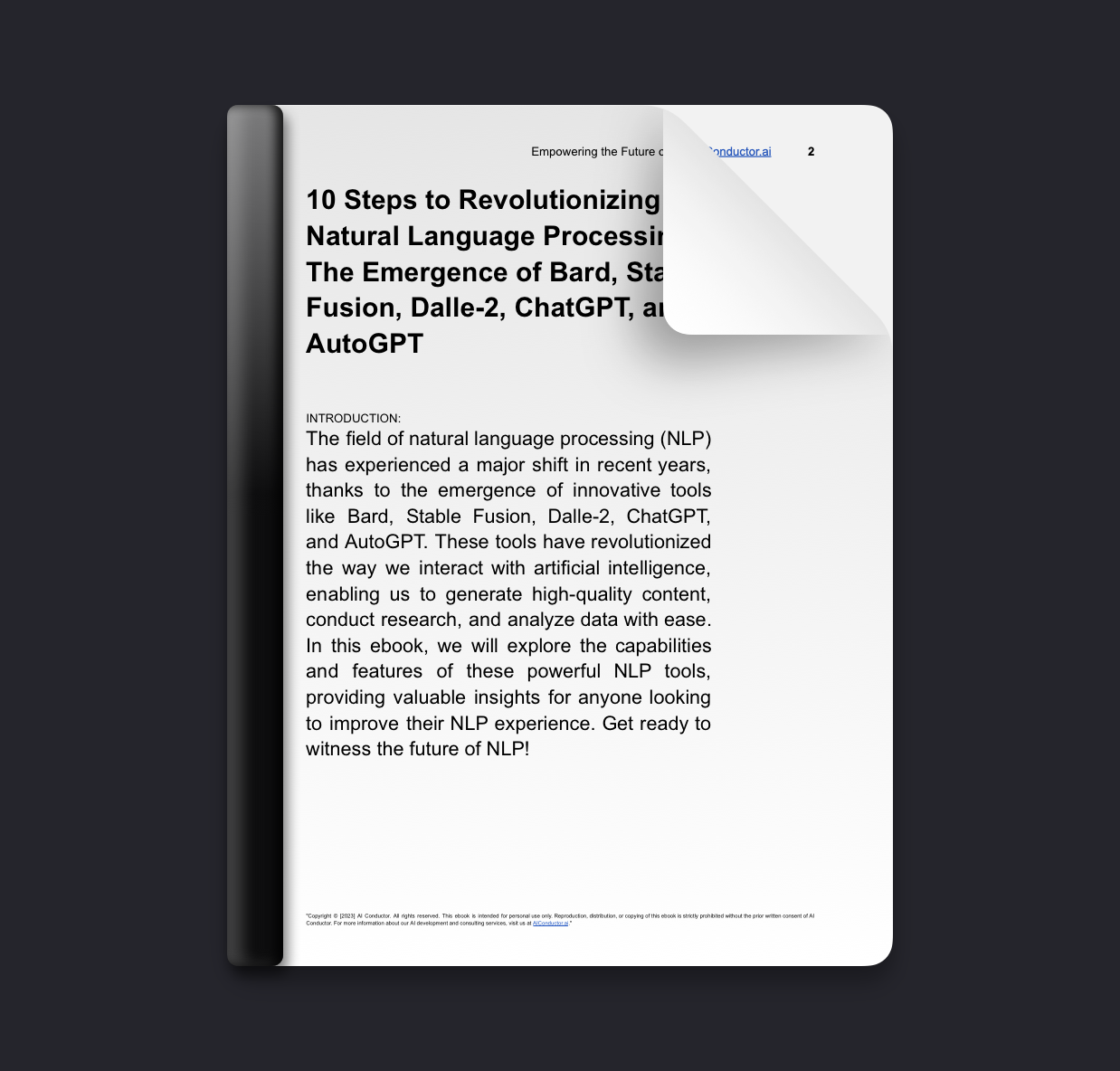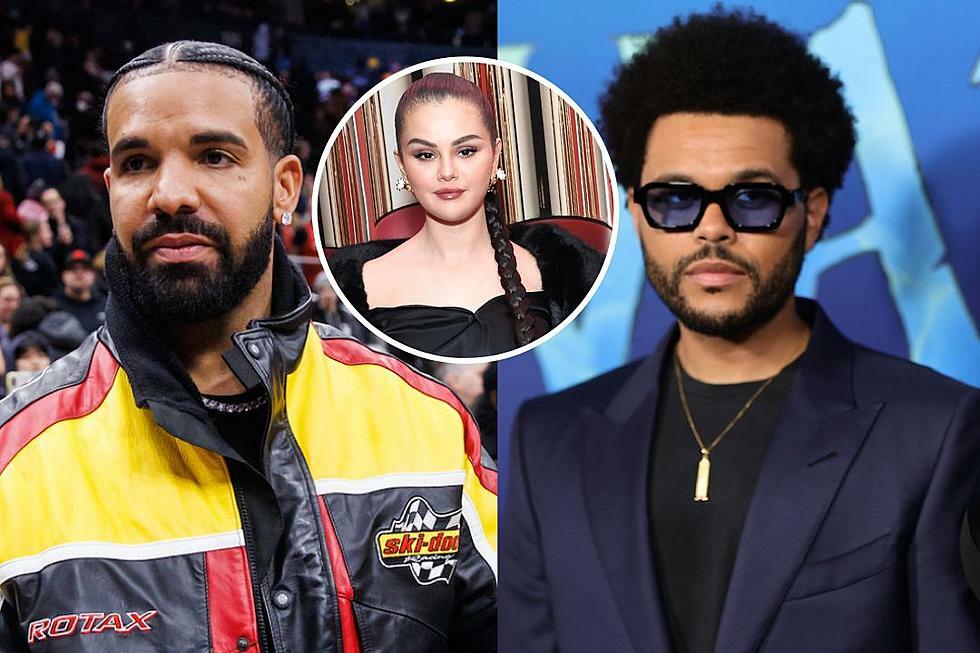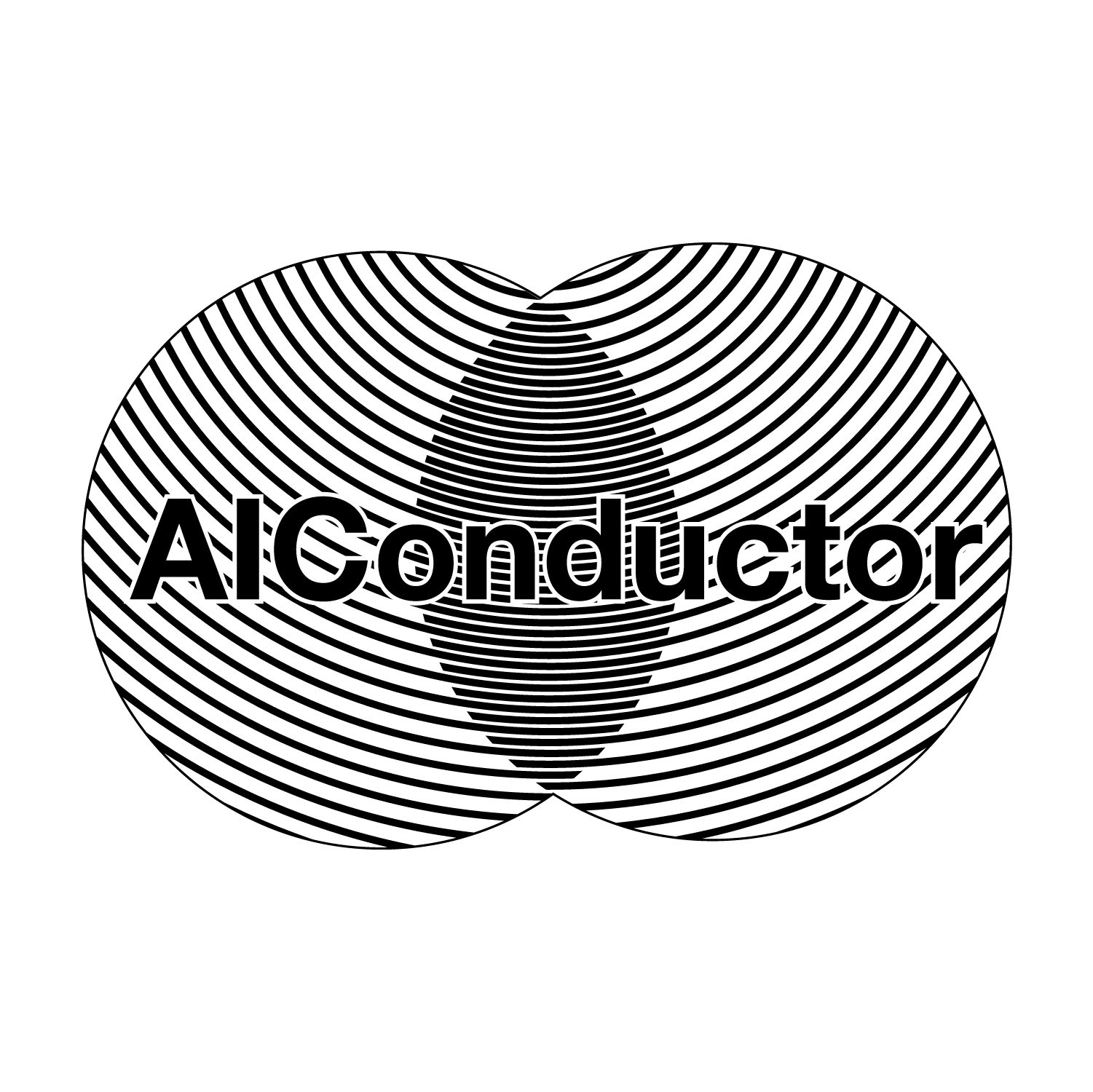We asked:
Are we entering an era where artificial intelligence and machine learning can create music that is indistinguishable from human-made music, and if so, what does that mean for the future of the music industry?
The Gist:
an industry hopeful created a song that sounds like it could be from popular artists Drake and The Weeknd. The song, titled "Heart on My Sleeve", was not actually made by the two famous musicians. The creator wants recognition for their ability to write and perform music in the style of successful artists.
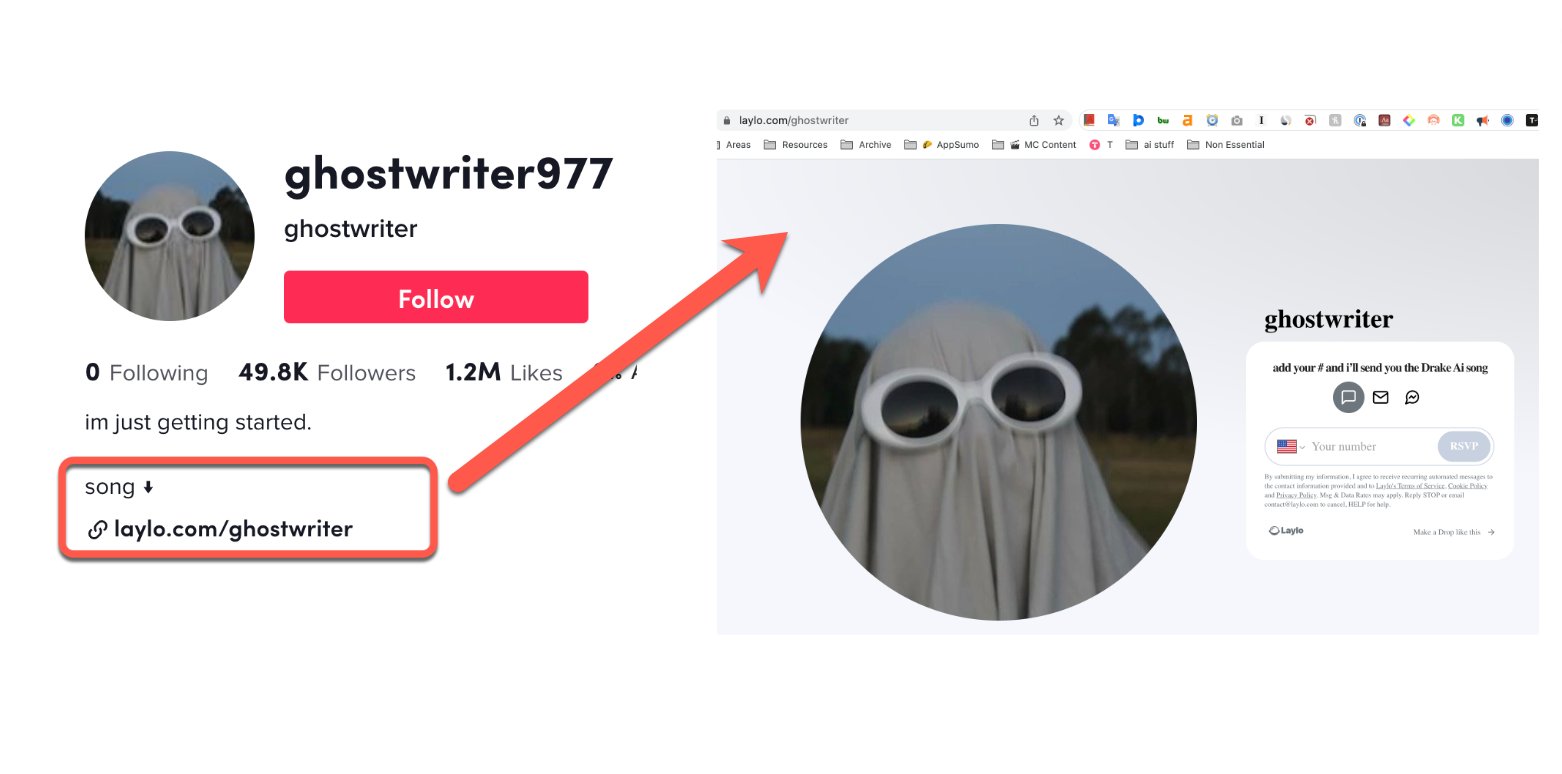
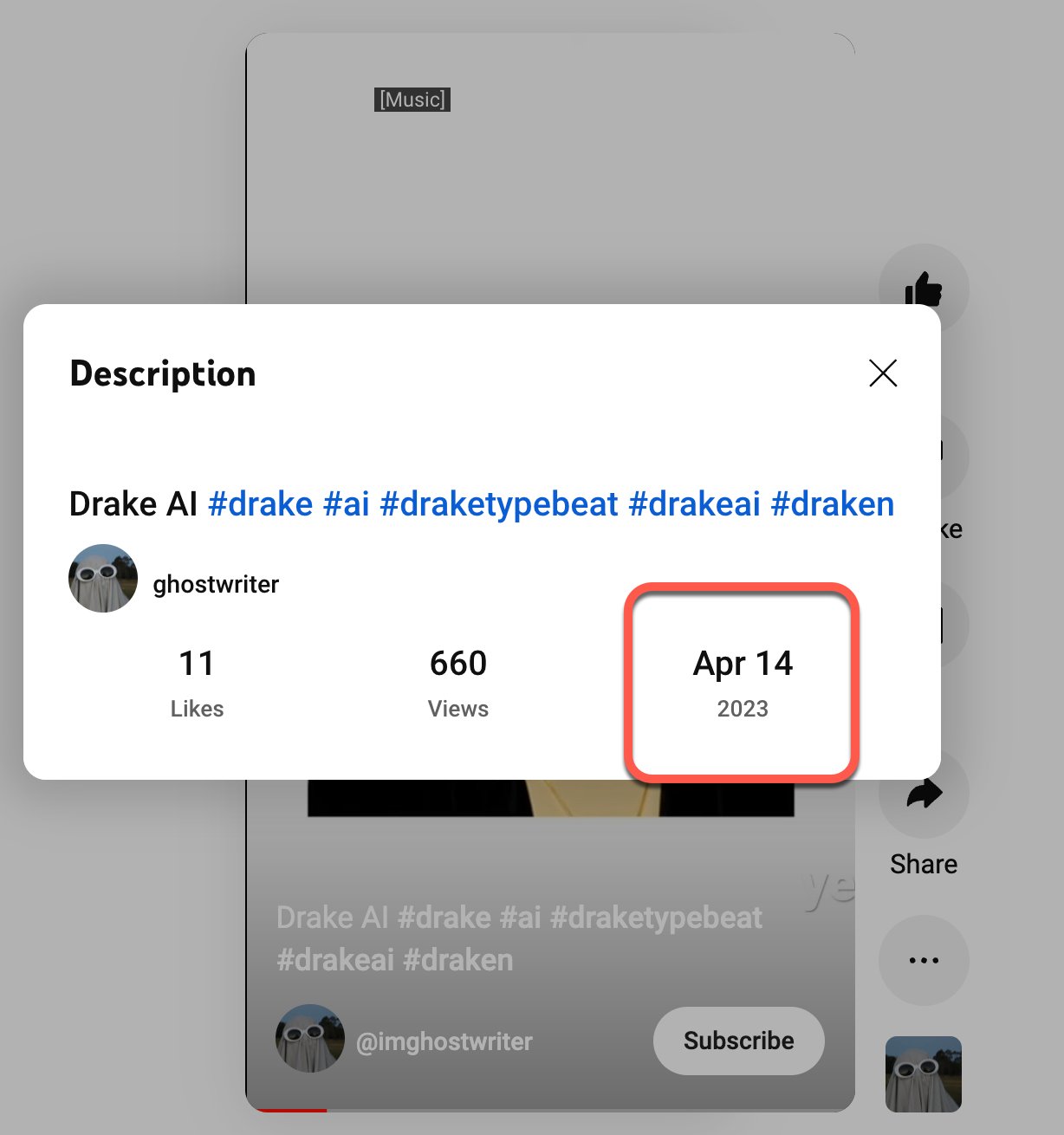
The Ethics of AI-Generated Music: Who Owns the Rights to a Song Written by a Machine?
Decoded:
Have you ever heard a song and thought, "This sounds like it could be from Drake or The Weeknd?" Well, it turns out that some of those songs weren't actually made by those artists at all.
Recently, an article from Vice shed light on an industry wannabe who has been using AI ghostwriting technology to create music that sounds eerily like it could be from some of the biggest names in the business. This individual is reportedly using AI-powered tools to generate lyrics, melodies, and even full songs that mimic the style of these artists.
While some might see this as an impressive feat, others argue that it raises questions about the authenticity of music and the role of AI in the creative process. After all, if an algorithm can generate music that sounds just like Drake or The Weeknd, what does that say about the originality and creativity of these artists?
Furthermore, there is the issue of copyright and ownership. If someone is using AI to create music that sounds like it belongs to a specific artist, who ultimately owns the rights to that music? Is it the individual who created the algorithm, or the original artist whose style was mimicked?
Despite these concerns, it's clear that AI is becoming an increasingly prevalent force in the music industry. From using machine learning to analyze songs and predict what will be popular, to using AI to generate music entirely from scratch, technology is changing the way we create, consume, and interact with music.
At the end of the day, there is no denying the power of music to move us, to make us feel alive, and to connect us to one another. Whether that music is made by humans, AI, or some combination thereof, its impact remains the same. The question we need to ask ourselves is not whether AI can replace human creativity, but how we can use it to enhance and enrich our musical experiences.
So, the next time you hear a song that sounds like it could be from Drake or The Weeknd, take a moment to consider the role that AI might have played in its creation. Who knows, maybe someday we'll be dancing to music made entirely by machines, but for now, let's enjoy the beautiful and complex art that we humans are still capable of making.
Recently, an article from Vice shed light on an industry wannabe who has been using AI ghostwriting technology to create music that sounds eerily like it could be from some of the biggest names in the business. This individual is reportedly using AI-powered tools to generate lyrics, melodies, and even full songs that mimic the style of these artists.
While some might see this as an impressive feat, others argue that it raises questions about the authenticity of music and the role of AI in the creative process. After all, if an algorithm can generate music that sounds just like Drake or The Weeknd, what does that say about the originality and creativity of these artists?
Furthermore, there is the issue of copyright and ownership. If someone is using AI to create music that sounds like it belongs to a specific artist, who ultimately owns the rights to that music? Is it the individual who created the algorithm, or the original artist whose style was mimicked?
Despite these concerns, it's clear that AI is becoming an increasingly prevalent force in the music industry. From using machine learning to analyze songs and predict what will be popular, to using AI to generate music entirely from scratch, technology is changing the way we create, consume, and interact with music.
At the end of the day, there is no denying the power of music to move us, to make us feel alive, and to connect us to one another. Whether that music is made by humans, AI, or some combination thereof, its impact remains the same. The question we need to ask ourselves is not whether AI can replace human creativity, but how we can use it to enhance and enrich our musical experiences.
So, the next time you hear a song that sounds like it could be from Drake or The Weeknd, take a moment to consider the role that AI might have played in its creation. Who knows, maybe someday we'll be dancing to music made entirely by machines, but for now, let's enjoy the beautiful and complex art that we humans are still capable of making.
What does it say about our society when people are willing to deceive others and imitate successful artists in order to gain recognition and fame?
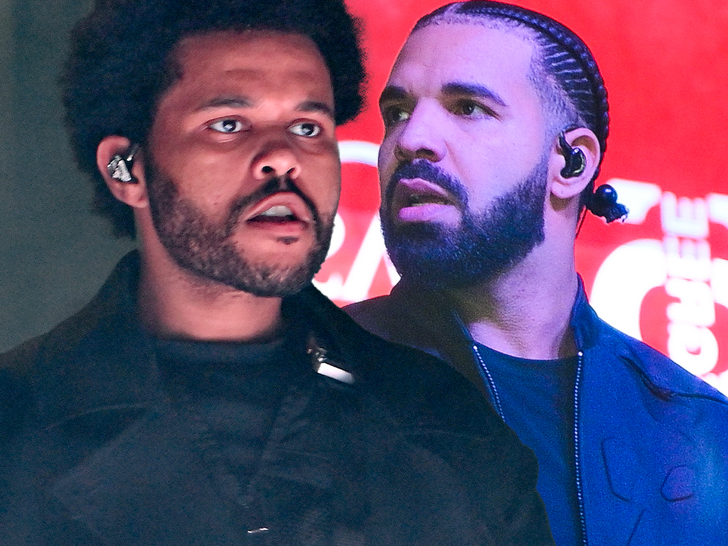
Essential Insights:
Three-Word Highlights
Deception, Imitation, Recognition.
Winners & Losers:
Pros:
1. The AI ghostwriter can create music that sounds like it was made by some of the most popular artists alive, potentially leading to commercial success and recognition.
2. The use of AI technology can streamline the songwriting process, allowing for quicker production and more efficient use of time.
3. The AI ghostwriter can provide a fresh perspective and innovative ideas that may not have been thought of by human songwriters.
Cons:
1. The use of AI technology in music creation may lead to a lack of originality and creativity, as the AI is programmed to mimic popular styles and sounds.
2. The AI ghostwriter may not be able to capture the emotional depth and authenticity that comes from personal experiences and human connection.
3. The reliance on AI technology may lead to a devaluation of human creativity and talent in the music industry.
Bottom Line:
The bottom line is that an industry hopeful created a song that sounds like it could be from popular artists Drake and The Weeknd. The song, titled "Heart on My Sleeve", was not actually made by the two famous musicians. The creator wants recognition for their ability to write and perform music in the style of successful artists.
Ref.
Source
Join The Conversation!
